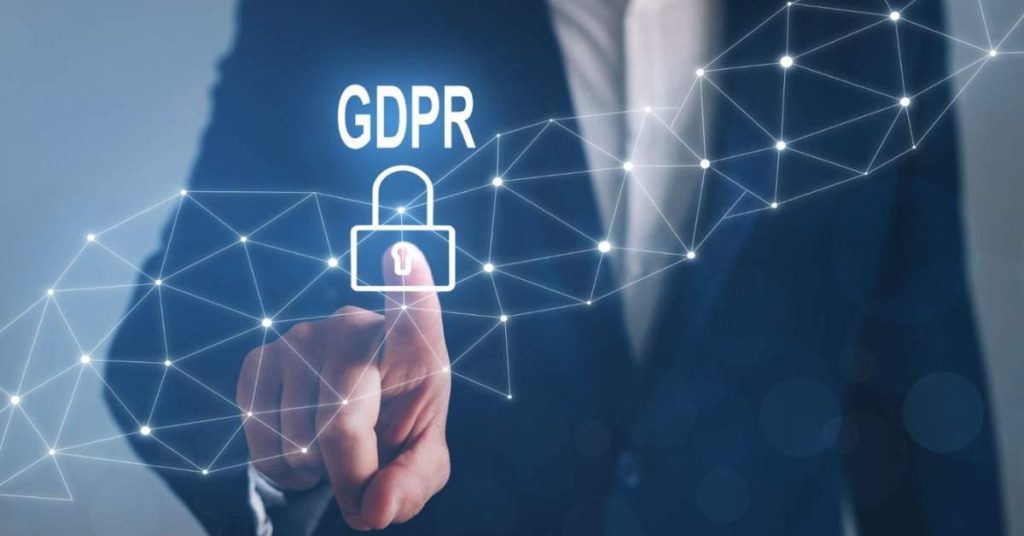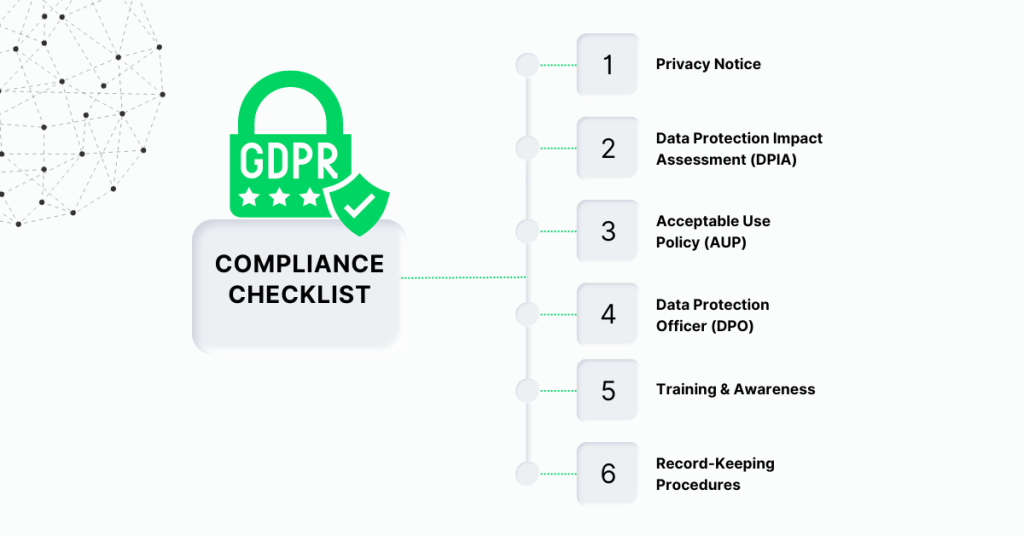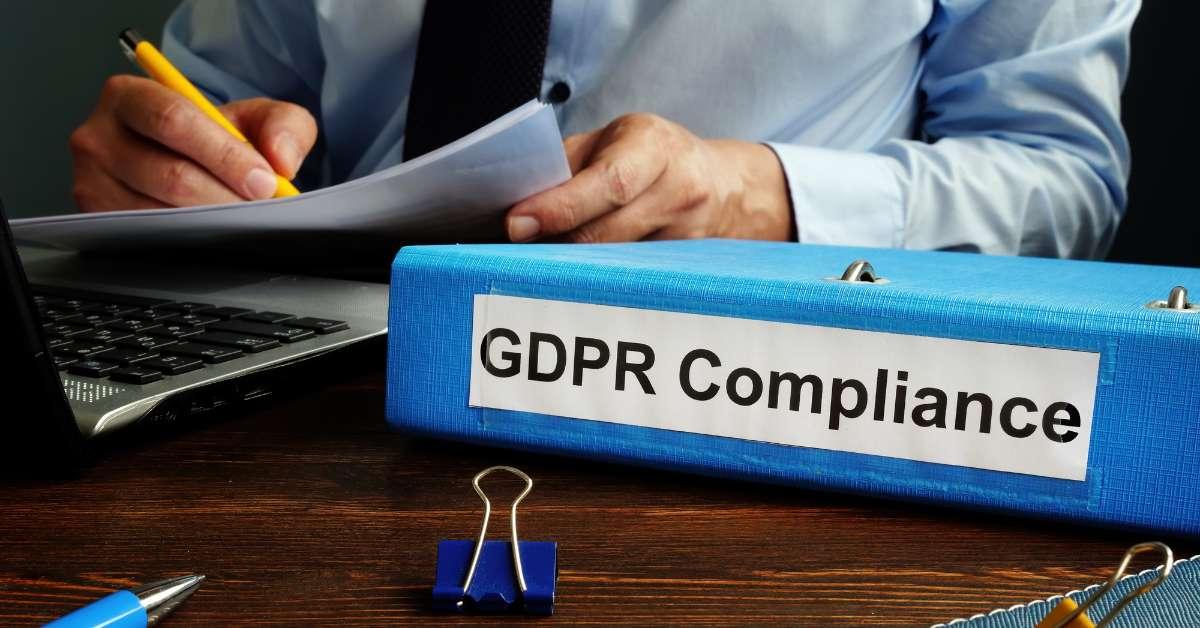With today’s technology, access to a platform is easy! With just a few steps, like creating an account, adding a signature, and providing a mobile phone number, one can have an account at no apparent cost. This is what most people think. But is this the reality?
What we pay for the fast transfer of information is not money but our personal data. The General Data Protection Regulation (GDPR) is in place to protect individuals, and what was intended to enable end-users can pose significant challenges for companies. Non-compliance with the guidelines could lead to substantial penalties.
What is GDPR Compliance?
The General Data Protection Regulation (GDPR) is an EU regulation designed to safeguard the personal data of all EU citizens. Passed in 2018 in the European Union and European Economic Area (EEA), GDPR is a comprehensive data protection law. Its primary aim is to empower individuals by giving them greater control over their personal data and its usage. This blog explains all the basics you need to know about GDPR compliance in 2024.

Who is required to comply with GDPR?
The GDPR requirements extend to entities or organizations whose primary activities involve collecting or processing the personal data of EU citizens, irrespective of their geographic location. This applies to:
- Controllers: responsible for determining the purpose of data collection and deciding on the methods for its collection.
- Data processors: are involved in processing personal data belonging to individuals.
Importance of GDPR
- Privacy Protection
GDPR compliance prevents organizations from utilizing individuals’ personal data through the unauthorized collection of excessive information or disclosing it without a valid and lawful purpose.
- Enhanced Control
The legislation empowers individuals by granting them greater control over their personal data, enabling them to request access to the information stored by companies and even seek its deletion to avoid sharing with third parties.
- Transparency
Companies must communicate to individuals the security measures implemented for safeguarding sensitive information, such as names, addresses, marital status, age, etc. This transparency is crucial in protecting private data from unauthorized access by hackers.

GDPR Compliance Checklist
- Privacy Notice
A privacy notice is a formal document articulating the procedures for collecting, using, and disclosing personal data. It further empowers individuals with the right to access their personal information and request alterations or deletions.
- Data Protection Impact Assessment (DPIA)
A Data Protection Impact Assessment is a comprehensive document that aids in recognizing the potential effects of your data processing activities on the rights and freedoms of individuals. While essential for GDPR compliance, it becomes obligatory only when adopting new technologies or processes that might threaten individual privacy.
- Acceptable Use Policy (AUP)
An Acceptable Use Policy, known as Acceptable Usage Policy, is a set of rules and regulations governing how an organization utilizes information collected from its customers. This policy should be accessible on your website, included in email signatures, and visible on any digital channels used for communication with customers. The primary purpose of this document is to inform users about the expected conduct when interacting with your company or organization online.
- Data Protection Officer (DPO)
The Data Protection Officer (DPO) plays a crucial role in ensuring your company’s adherence to GDPR. This DPO must be an internal employee independent of other staff members. Alternatively, businesses can enlist an external consultant to serve as their DPO, depending on what aligns best with their operational needs.
- Training & Awareness
Educating and raising employee awareness are crucial to your data privacy compliance strategy. Providing training on how to appropriately manage personal data is a fundamental aspect of this process, ensuring that they comprehend the significance of their role in safeguarding such information.
- Record-Keeping Procedures
Maintaining accurate record-keeping procedures is a crucial component of the GDPR compliance checklist. It involves keeping records of your data processing activities, including your company’s name, address, and contact details, the purpose for collecting personal data, the duration of storage, and any third parties with whom the data will be shared or transferred.
Conclusion
In this digital world, it becomes crucial for organizations to prioritize data privacy compliance. While we have provided a GDPR compliance checklist above to help you get started, please remember that each organization has its own needs and requirements.
A qualified expert should always be consulted before making any final decisions regarding the steps needed to comply with the GDPR Regulation. Experts can assess your data security requirements & provide recommendations based on their experience working with other similar businesses. As a leading cyber security provider, Green Method can provide your business with a GDPR compliance solution tailored to your needs.
For more information, please get in touch with Green Method.
